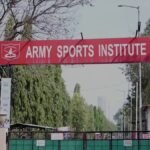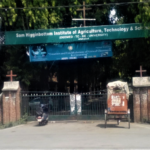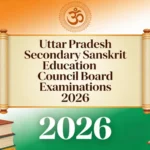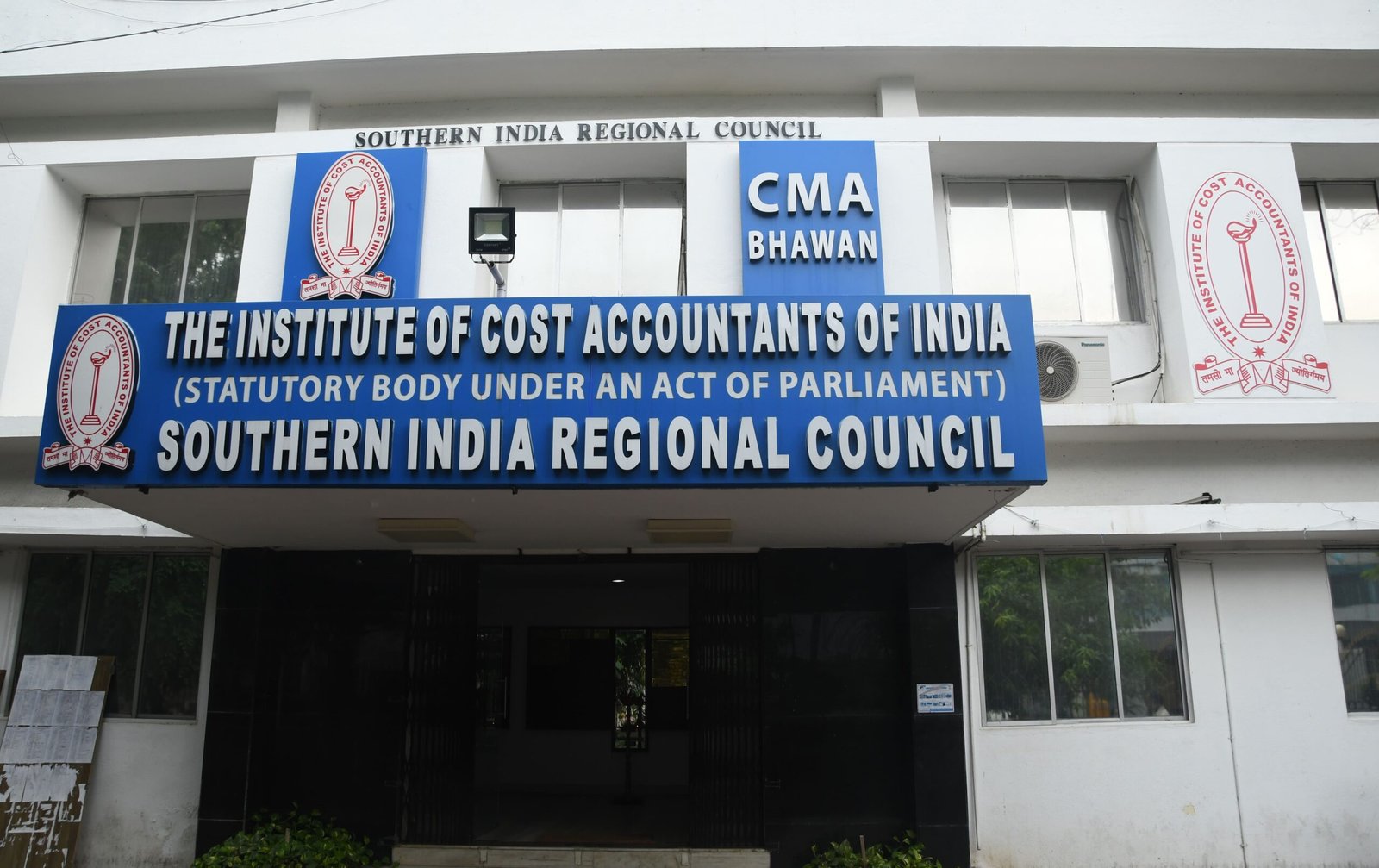How important is the UPSC for hiring talented individuals in the prime positions for the Indian Government? Every year, numerous aspirants prepare for openings in the Indian Administrative Service (IAS), Indian Police Service (IPS), and Indian Foreign Service (IFS). These are the positions crucial to the management, security, and foreign policy of the nation. The UPSC is bound by rules and regulations ranging from Article 315 to 323 governing the conduct of examinations to select an honest team.
What Is UPSC in Layman’s Language?
UPSC (Union Public Service Commission) is integral in hiring government officials of various departments at the highest level for the government of India. Initially established as the Public Service Commission on October 1, 1926, it was when India gained Independence that it transformed into the UPSC. For anyone who wants to visit, its headquarters are located at Dholpur House, New Delhi. Under the direct control of the President of India, it is an independent body and is not advised by any government ministry. It’s interesting to know how UPSC shapes the civil services sector!
Key Examinations Administered by UPSC
Each year, UPSC convenes a portfolio of rigorous tests. Below are its hallmark assessments:
- Civil Services Examination (CSE)
The flagship examination comprises three calibrated stages:
- Preliminary Round: Objective-type probes to evaluate foundational awareness.
- Main Examination: Essay-style papers gauging analytical and interpretative prowess.
- Personality Interview: An oratory crucible where intellect meets spontaneity.
- Indian Forest Service (IFS)
Initiating with the CSE Prelims, this trajectory diverges into a specialized Mains and Interview geared towards guardians of the environment.
- Engineering Services Examination (ESE)
Aimed at technocrats, this exam channels engineering graduates into central technical services.
- Combined Defence Services (CDS)
Tailored for graduates aspiring to earn commissions in the Army, Navy, or Air Force.
- NDA & NA Examination
Designed for high school graduates (Class 12 pass-outs) seeking a foothold in the defense establishment.
- Combined Medical Services (CMS)
Medical practitioners undertake this exam to secure appointments in government healthcare entities.
- Central Armed Police Forces (CAPF)
This exam selects Assistant Commandants for forces like BSF, CRPF, and CISF, shaping the nation’s paramilitary framework.
Eligibility Matrix for UPSC Entrants
Candidates must satisfy specific prerequisites to be considered eligible.
Nationality Prerequisites
- For posts like IAS and IPS, Indian citizenship is non-negotiable.
- For other roles, nationals of Nepal, Bhutan, or Tibetan refugees residing in India since before 1962 may also qualify.
Educational Benchmarks
- A bachelor’s degree from a recognized university is generally mandatory.
- Exams such as ESE or CMS require domain-specific academic credentials like engineering or medical degrees.
Age Spectrum
- Typically, applicants must be aged 21 to 32.
- Candidates from OBC communities receive a 3-year relaxation.
- SC/ST aspirants benefit from a 5-year extension.
Attempt Ceilings
- General category: Maximum 6 attempts
- OBC: Up to 9 attempts
- SC/ST: Attempts are unlimited within the permissible age bracket.
Architecture of UPSC Examinations
Stage I – Prelims
- Constitutes two papers: General Studies & CSAT.
- Each paper carries 200 marks.
- Qualifying CSAT demands a minimum of 33%.
- Only General Studies marks determine progression to the next phase.
Stage II – Mains
-
- Comprises nine evaluative papers.
- Two are qualifying in nature: English and a chosen Indian language.
- The remaining include:
- Essay Paper
- General Studies Papers I–IV
- Two Optional Subject Papers
Stage III – Personality Test
- Commonly known as the Interview.
- Bears a 275-mark weightage.
- It measures composure, ethical integrity, cognitive agility, and judgment.
Beyond Examinations: The Broader Role of UPSC
The Commission’s remit transcends examinations:
- Manages scheduling for nationwide and central administrative positions in the civil services.
- Develops intricate recruitment rules and systems.
- Performs direct recruitment interviews.
- Guides service promotions alongside inter-departmental transfers.
- Manages departmental promotional examinations for advanced ranks.
Prestigious Services Secured via UPSC
- Indian Administrative Service (IAS)
IAS officers are the administrative linchpins, governing districts, policy councils, and national ministries.
- Indian Police Service (IPS)
Entrusted with law enforcement, IPS officers maintain internal harmony and thwart crime and insurgency.
- Indian Foreign Service (IFS)
Representing India’s diplomatic voice, IFS officers operate through embassies and consulates across the globe.
- Additional Services
Other notable cadres include:
- Indian Revenue Service (IRS)
- Indian Audit and Accounts Service (IAAS)
- Indian Information Service (IIS)
These services orchestrate India’s tax regime, financial oversight, and media strategy, respectively.
Navigating the Application Process
Digital Enrollment Process
- Go to https://upsconline.nic.in
- Accurately fill out the digital form.
- Upload a passport-sized photo, signature, and pertinent documents.
- Remit the examination fee.
Essential Documents
- Graduation certificates
- Valid ID proofs (Aadhaar, Passport, or Voter ID)
- Digital copies of the photo and signature
Battle-Tested Tips to Conquer UPSC
- Begin Early: A minimum of 12 months of prep is advisable.
- Rely on NCERT Texts: Class 6–12 materials form a solid conceptual base.
- Stay Informed: Read The Hindu, PIB, and Yojana consistently.
- Attempt Mock Tests: Frequent practice refines accuracy and time management.
- Write Regularly: Practice answer composition to excel in the Mains.
- Pick Wisely: Choose an optional subject that aligns with your academic strength.
- Be Unwavering: Steady, daily efforts yield long-term dividends.
To Self-Study or Seek Coaching?
Each path holds merit:
- Coaching Institutes provide structured guidance and seasoned mentors.
- Self-Study enables personal pacing and economic frugality.
Select the route that complements your temperament and circumstances.
Frequent Hurdles Aspirants Wrestle With
- The extensive syllabus appears daunting, yet effective scheduling remains essential.
- Resilience against mental strain strengthens through meditation practices and taking breaks.
- Financial Struggles: Engage with complimentary digital educational materials and open courseware.
- Time Crunch: Coordinate professional responsibilities or academic commitments with your study schedule.
Conclusion
The preparation isn’t just to get a job, it is a preparation to step forward and take the country’s future into your hands and fulfill your responsibilities. That with hard work and good study habits, and a sense of purpose, you can start as an ordinary person and become someone extraordinary, who can have a real impact. The UPSC attracts those who are enthusiastic about making real change, and not just earning an income. Continue to persevere in hard times, and you will find yourself playing an important role in our nation’s expansion.
Also Read: How To Prepare For UPSC In 6 Months?











